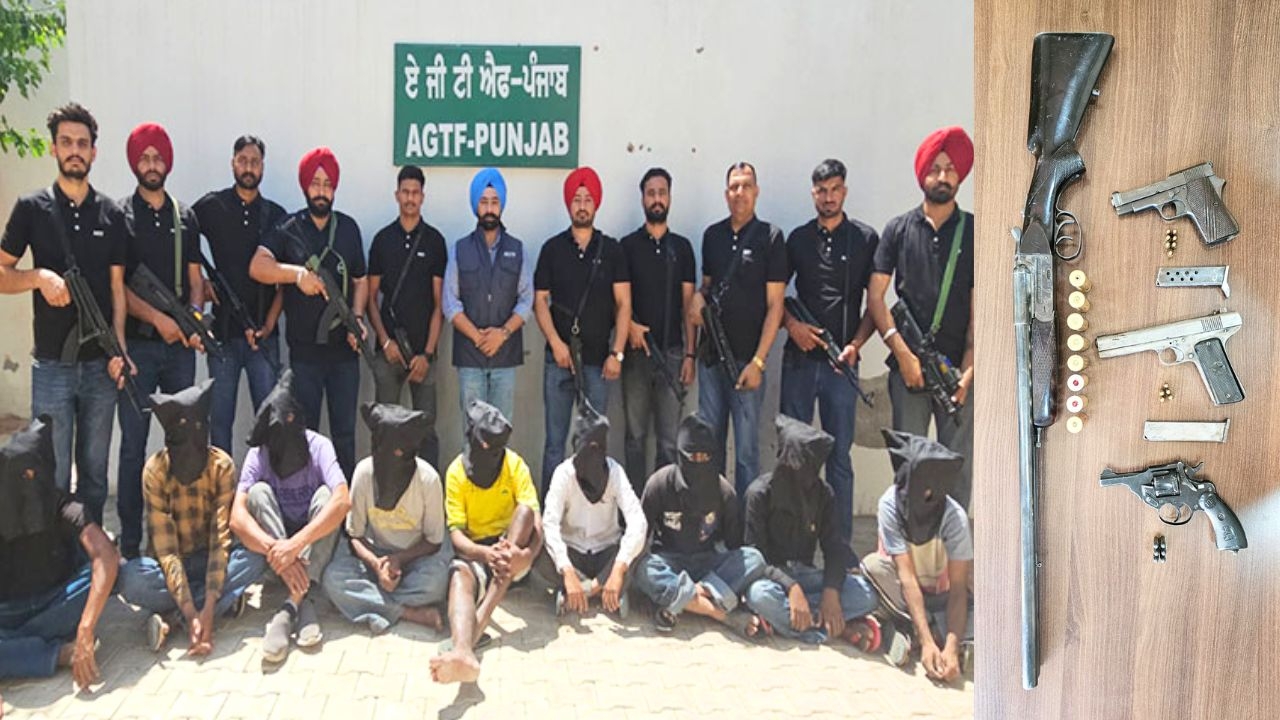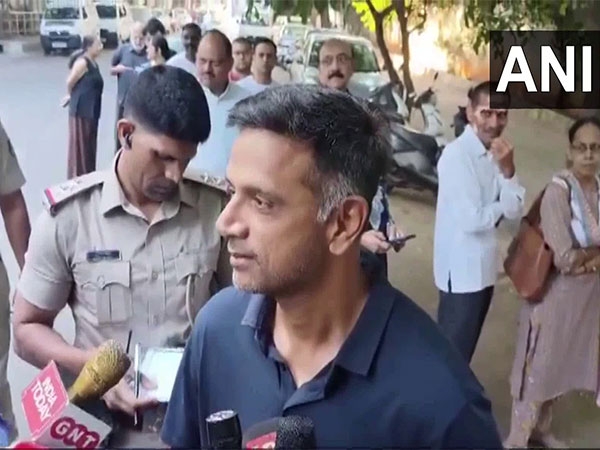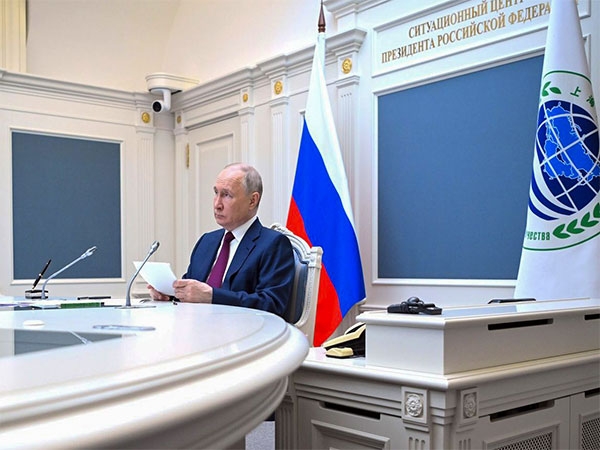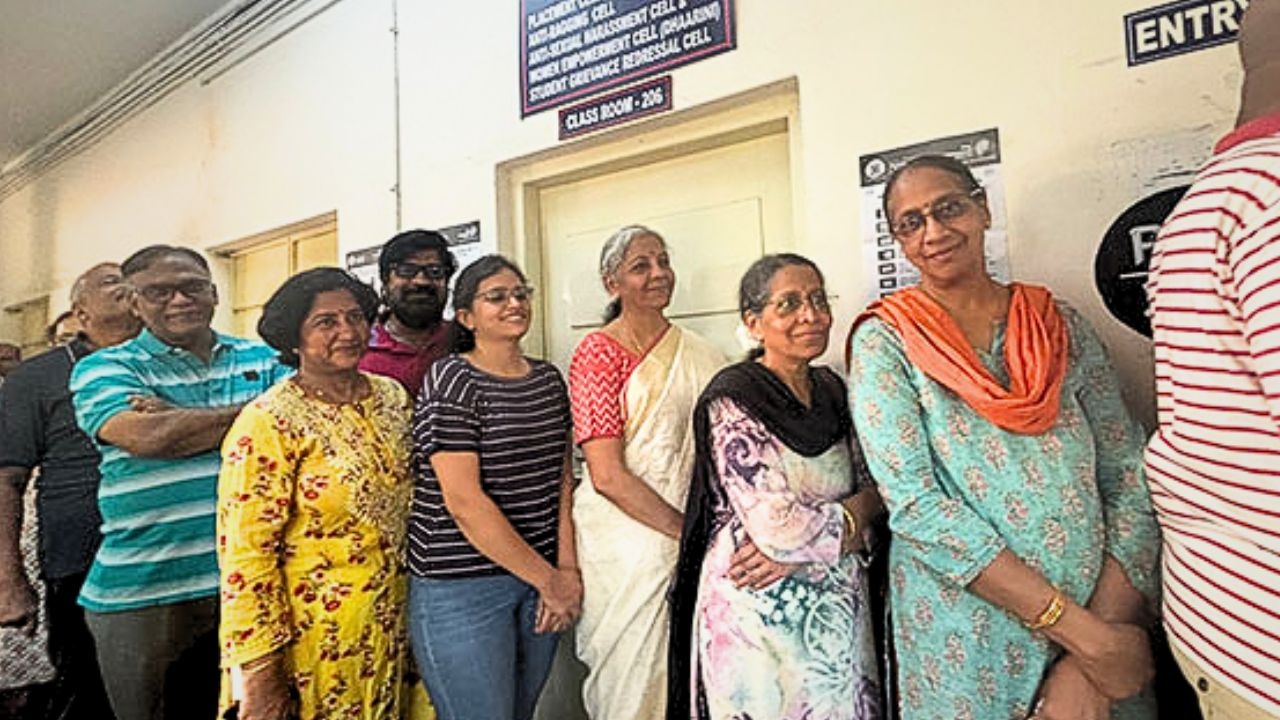Three judges versus four: How the judgment on polls & religion really came about

It has always been illegal in India to seek votes in the name of religion, race, caste, community or language. The controversial question that keeps manifesting itself in litigation is - "whose" religion?
That is because of the strange way in which Section 123 of the Representation of the People Act, 1951 is worded and the confusion it creates.
It is this confusion that was quite evident in the critical disagreement among the seven judges on the bench that gave the crucial judgement of 2 January.
Section 123 lists practices that will be deemed 'corrupt' and, if proved, will lead to the disqualification of an elected candidate.
Part 3 of the section lists as corrupt practice, "the appeal by a candidate or his agent...to vote or refrain from voting for any person on the ground of his religion, race, caste, community or language...".
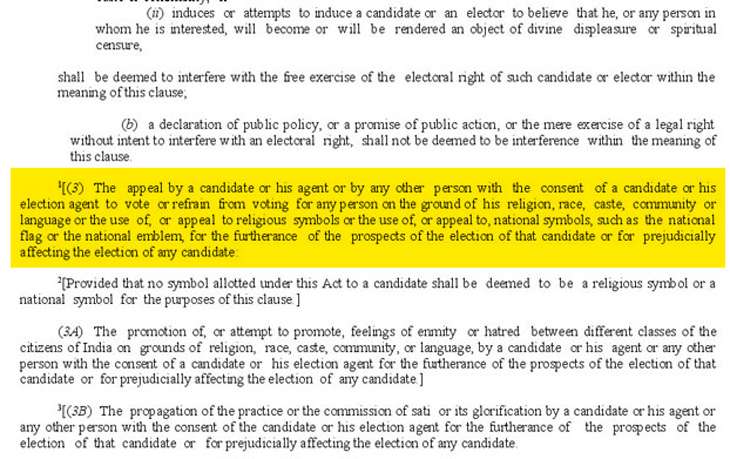
What has been disputed in litigation for a long time is that who does "his" in this section refer to - only the candidate and his representatives or the elector?
Four judges on the seven-judge bench that gave the verdict - Chief Justice TS Thakur and Justices MB Lokur, SA Bobde and LN Rao - ruled that it refers to the elector as well. However, three judges - Justices AK Goel, UU Lalit and DY Chandrachud - begged to differ.
These three judges ruled that the 'his' in Section 123(3) does not refer to the religion, race, caste, community or language of the voter but refers to these associations of the contesting candidate or that of the rival candidate against whom there is an appeal to refrain from voting.
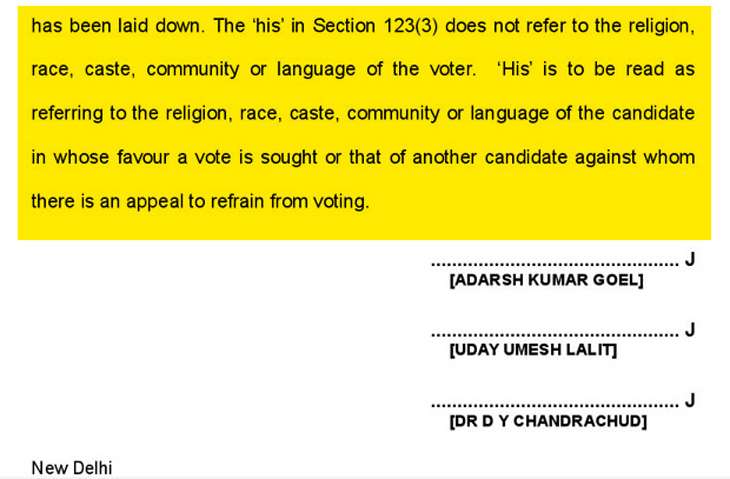
Need for a broad interpretation
Among the other four judges, Justice Lokur and Justice Rao have maintained that part 3 of Section 123 "must be given a broad and purposive interpretation". Therefore, a corrupt practice should include any appeal made to an "elector" by a candidate or his representatives...on the grounds of religion, race, caste, community or language...
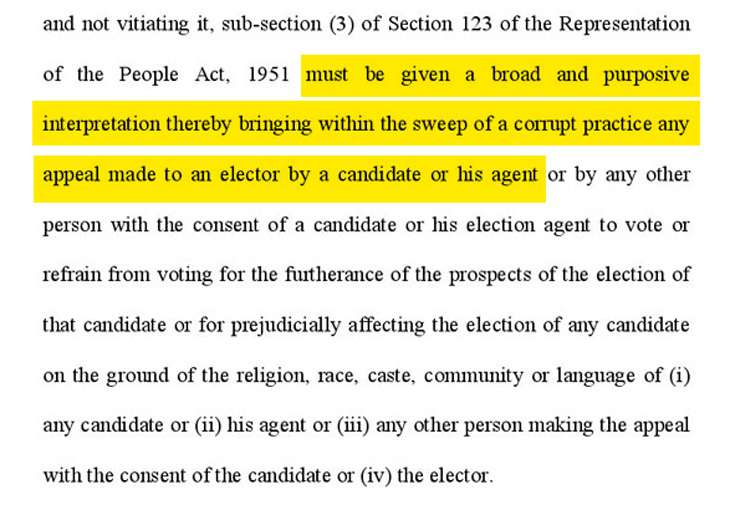
Justice Bobde observed that, "What is prohibited by a candidate is an appeal to vote on certain grounds...The word 'his' therefore must necessarily be taken to embrace the entire transaction of the appeal to vote made to voters and must be held referable to all the actors involved i.e. the candidate, his election agent etc. and the voter."
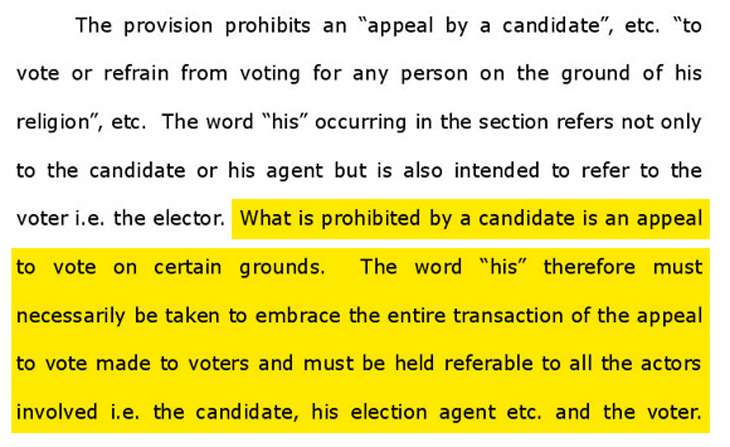
CJI Thakur has essentially supported Justice Lokur's view and has said that it appears to him to be "more in tune with the purpose and intention behind the enactment of Section 123(3)".
His own submission was that - "An appeal in the name of religion, race, caste, community or language is impermissible" under the 1951 Act regardless of whether the appeal was made in the name of the candidate's religion or that of his agent or that of the opponent or that of the voter's.
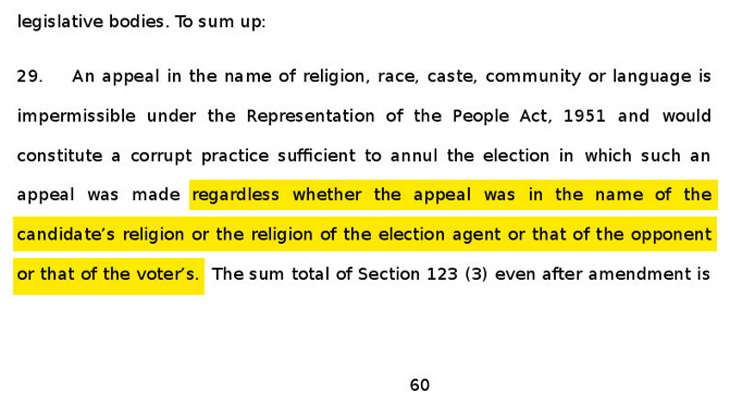
What about struggle against historical injustice?
Justice Chandrachud argued, very interestingly, that the Constitution is not oblivious to "the real injustices which have been perpetrated against large segments of the population on grounds of religion, race, caste and language."
He further added that religion, caste and language are "as much a symbol of social discrimination imposed on large segments of our society...as they are of a social mobilisation to answer centuries of injustice".
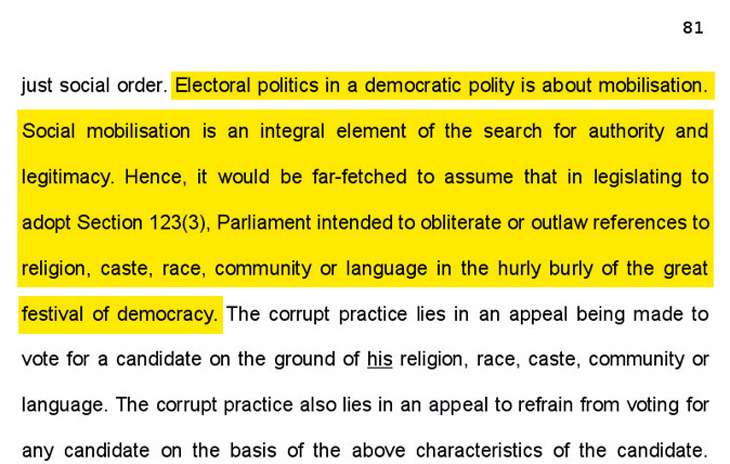
He also noted that electoral politics in a democracy is about mobilisation and "social mobilisation is an integral element of the search for authority and legitimacy".
"Hence, it would be far-fetched to assume that in legislating to adopt Section 123(3), the Parliament intended to obliterate or outlaw references to religion, caste, race, community or language in the hurly burly of the great festival of democracy," he concluded.
First published: 3 January 2017, 7:09 IST
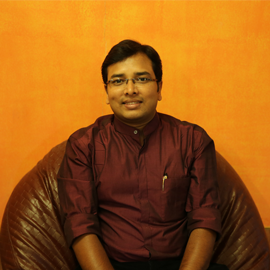
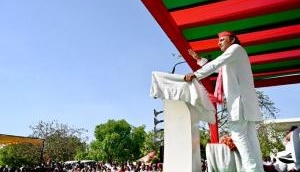
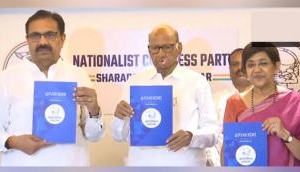
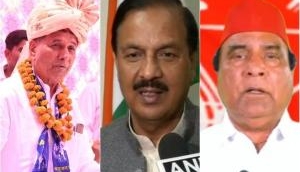
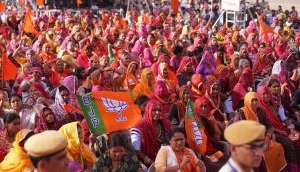

![BJP's Kapil Mishra recreates Shankar Mahadevan’s ‘Breathless’ song to highlight Delhi pollution [WATCH] BJP's Kapil Mishra recreates Shankar Mahadevan’s ‘Breathless’ song to highlight Delhi pollution [WATCH]](http://images.catchnews.com/upload/2022/11/03/kapil-mishra_240884_300x172.png)

![Anupam Kher shares pictures of his toned body on 67th birthday [MUST SEE] Anupam Kher shares pictures of his toned body on 67th birthday [MUST SEE]](http://images.catchnews.com/upload/2022/03/07/Anupam_kher_231145_300x172.jpg)



